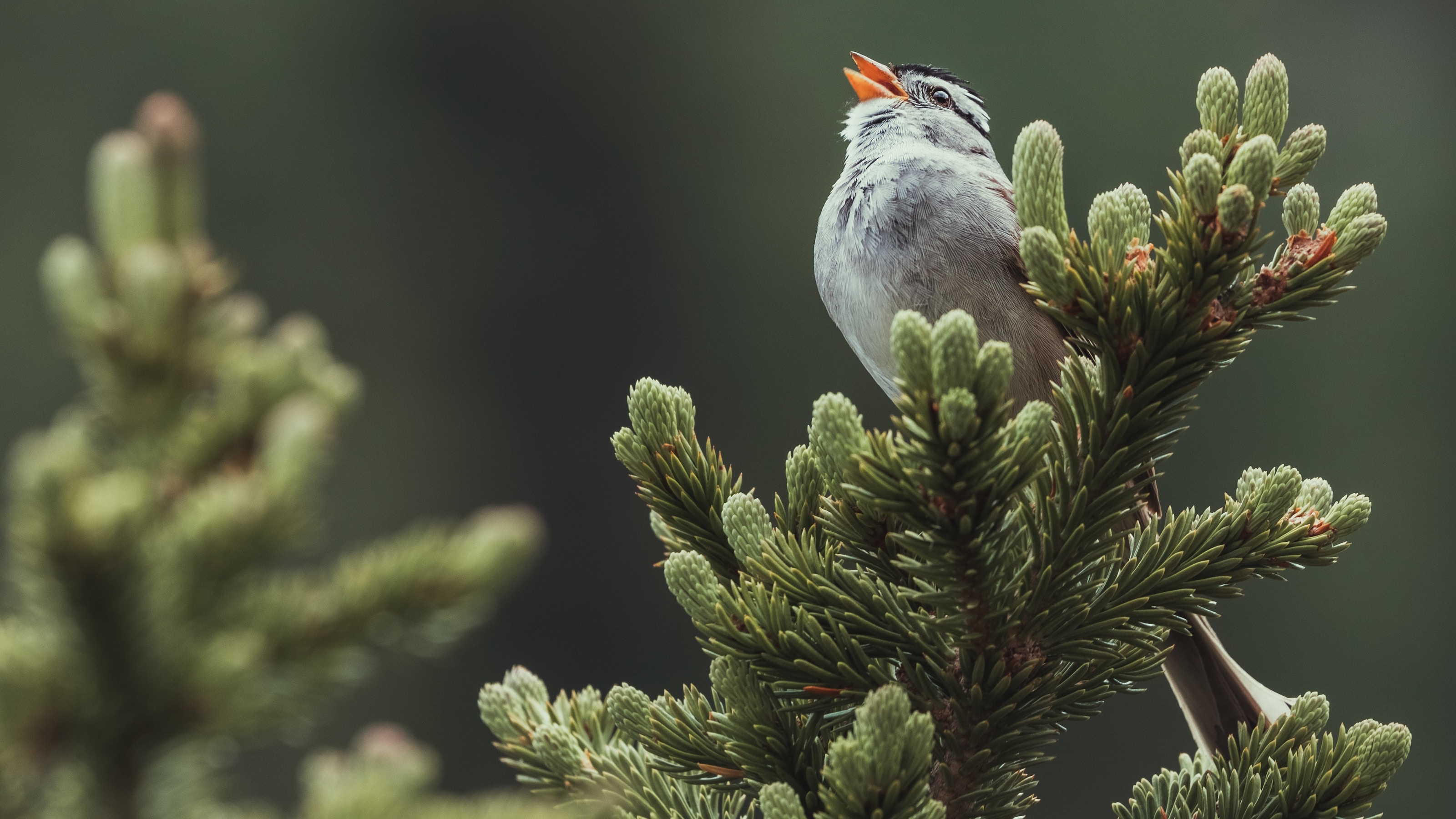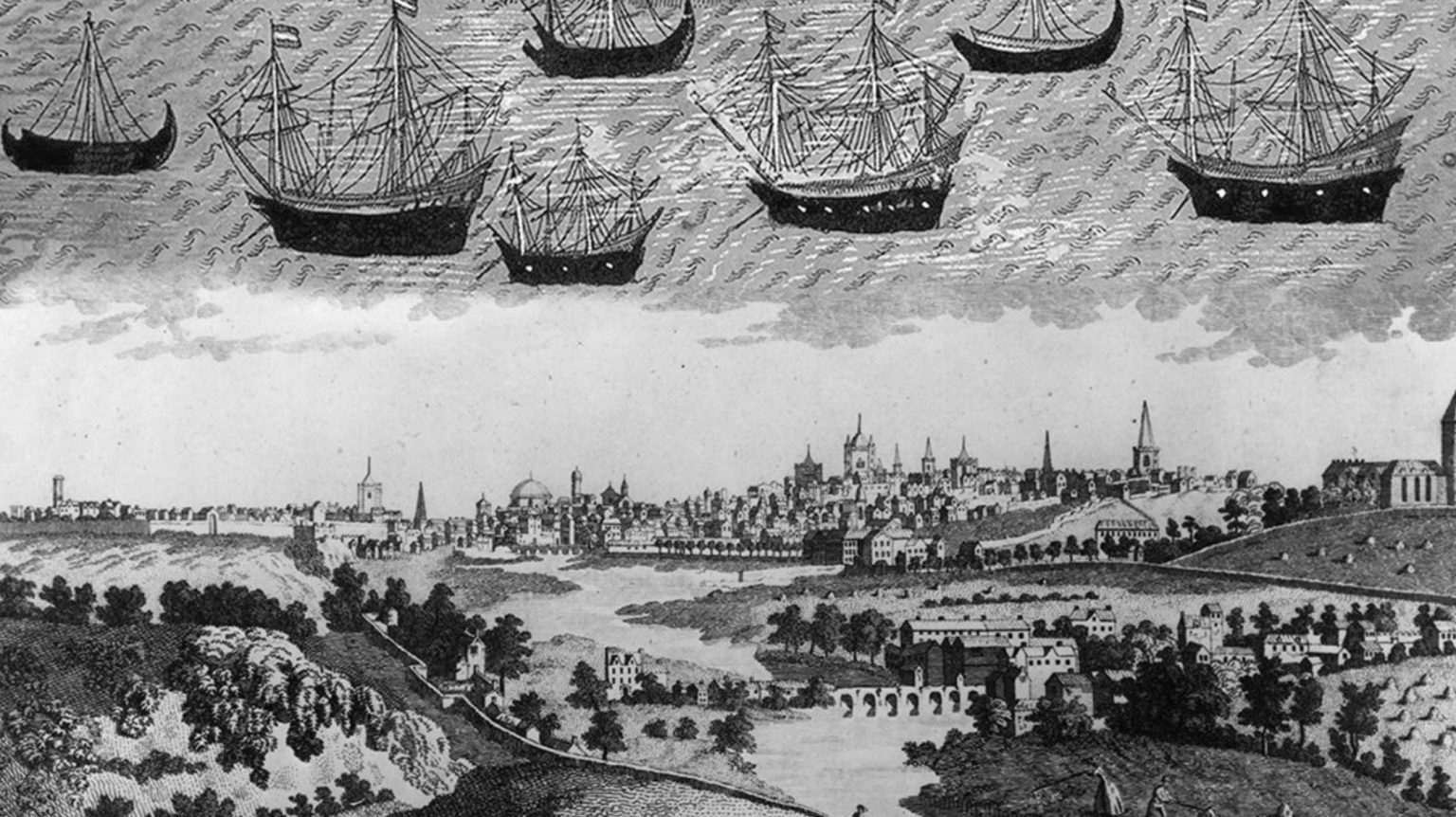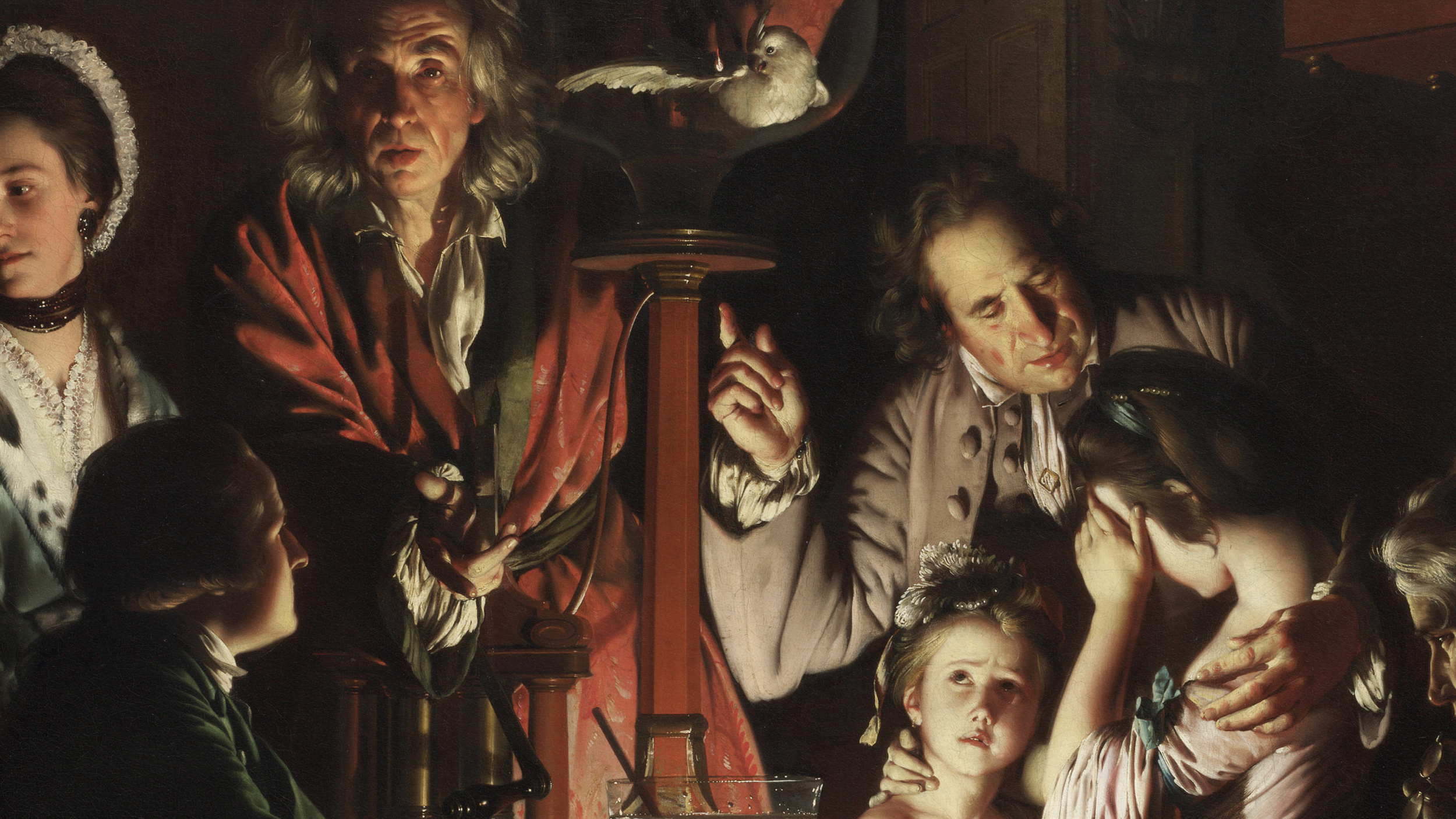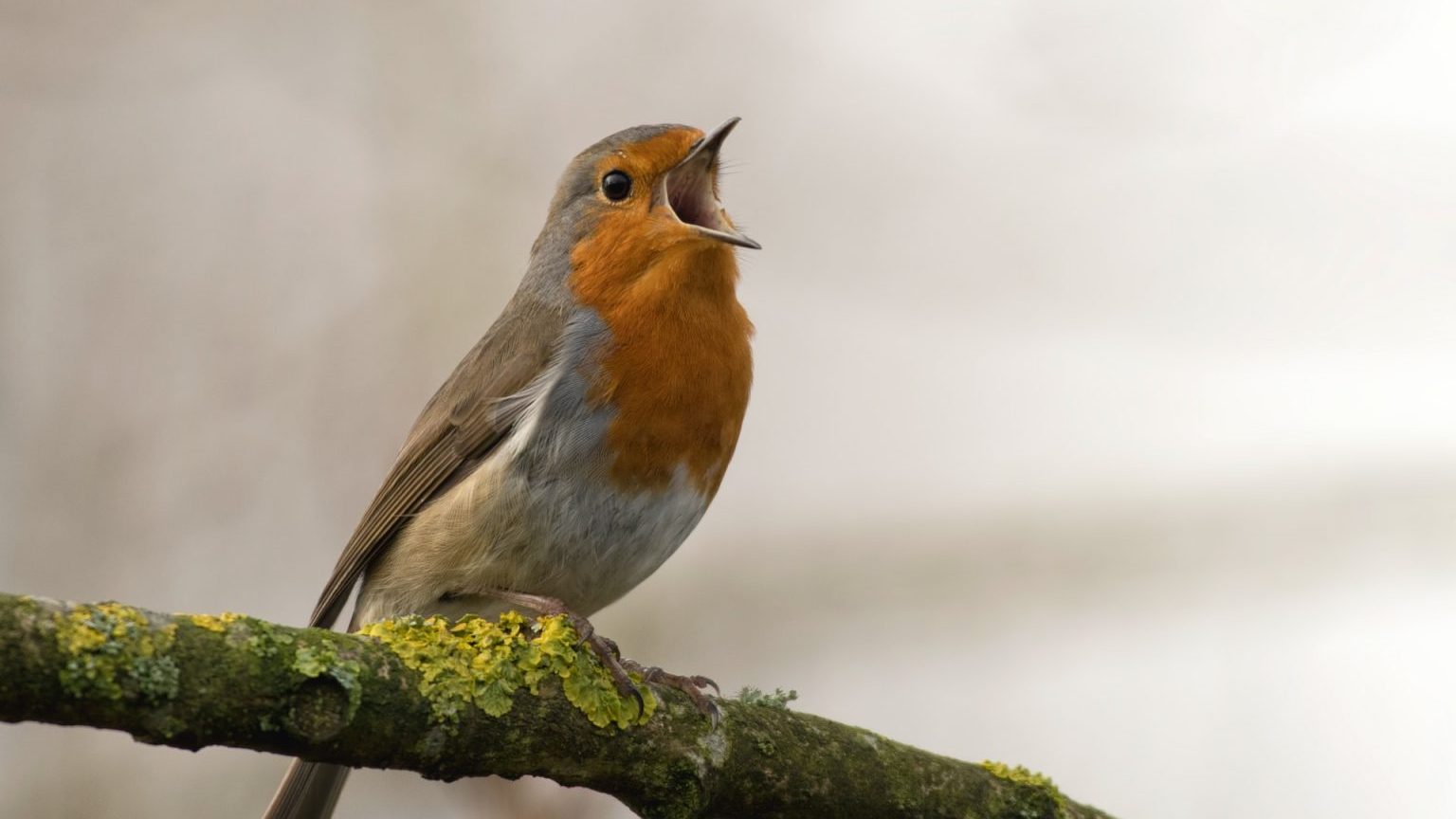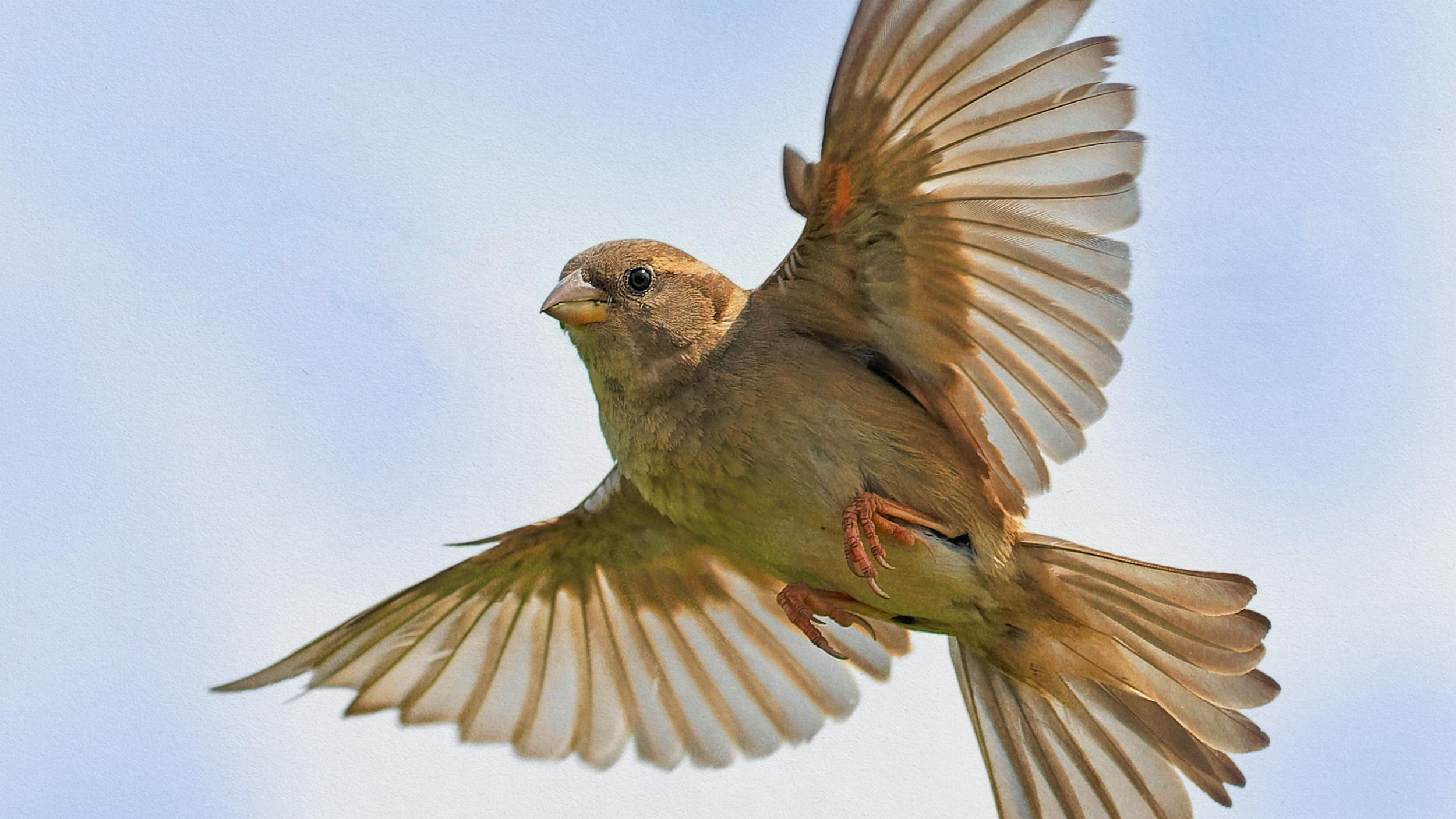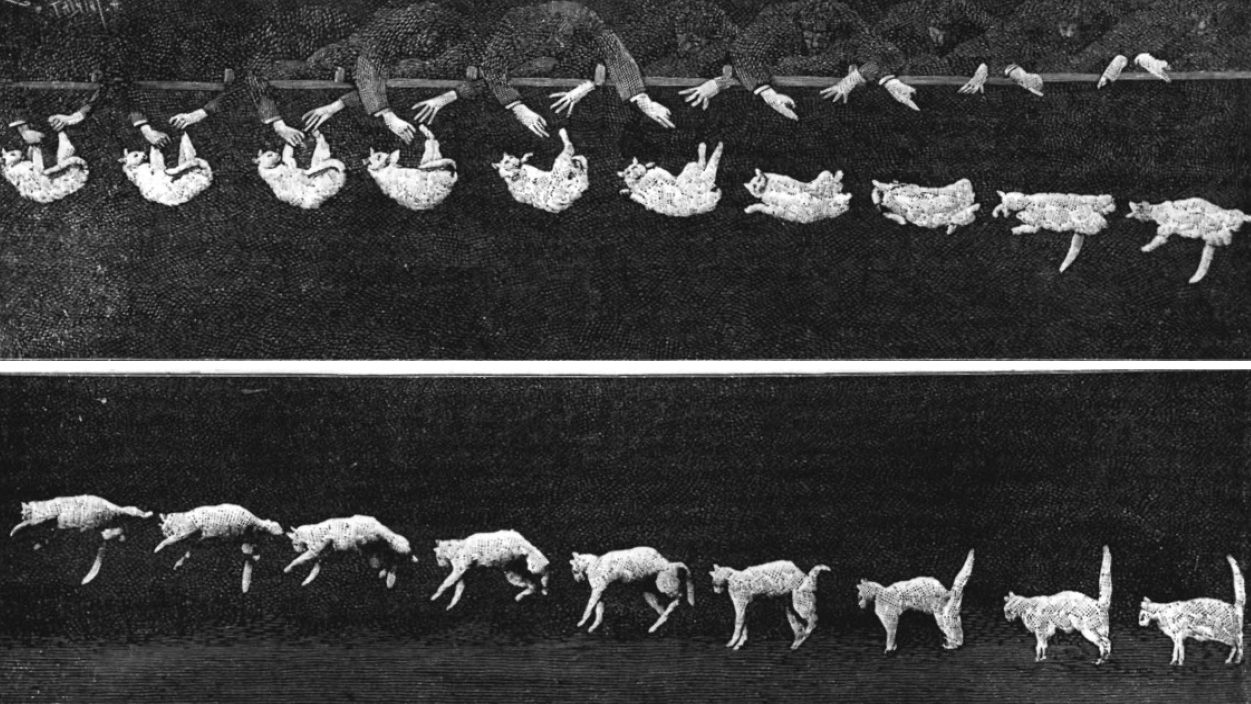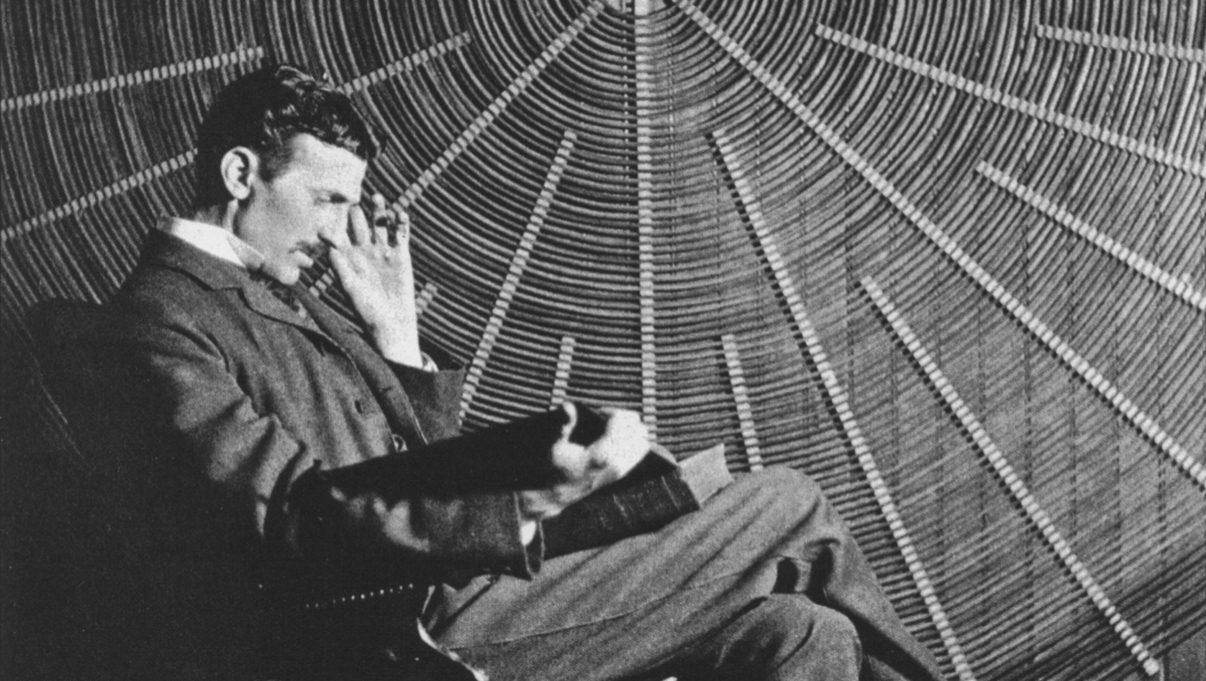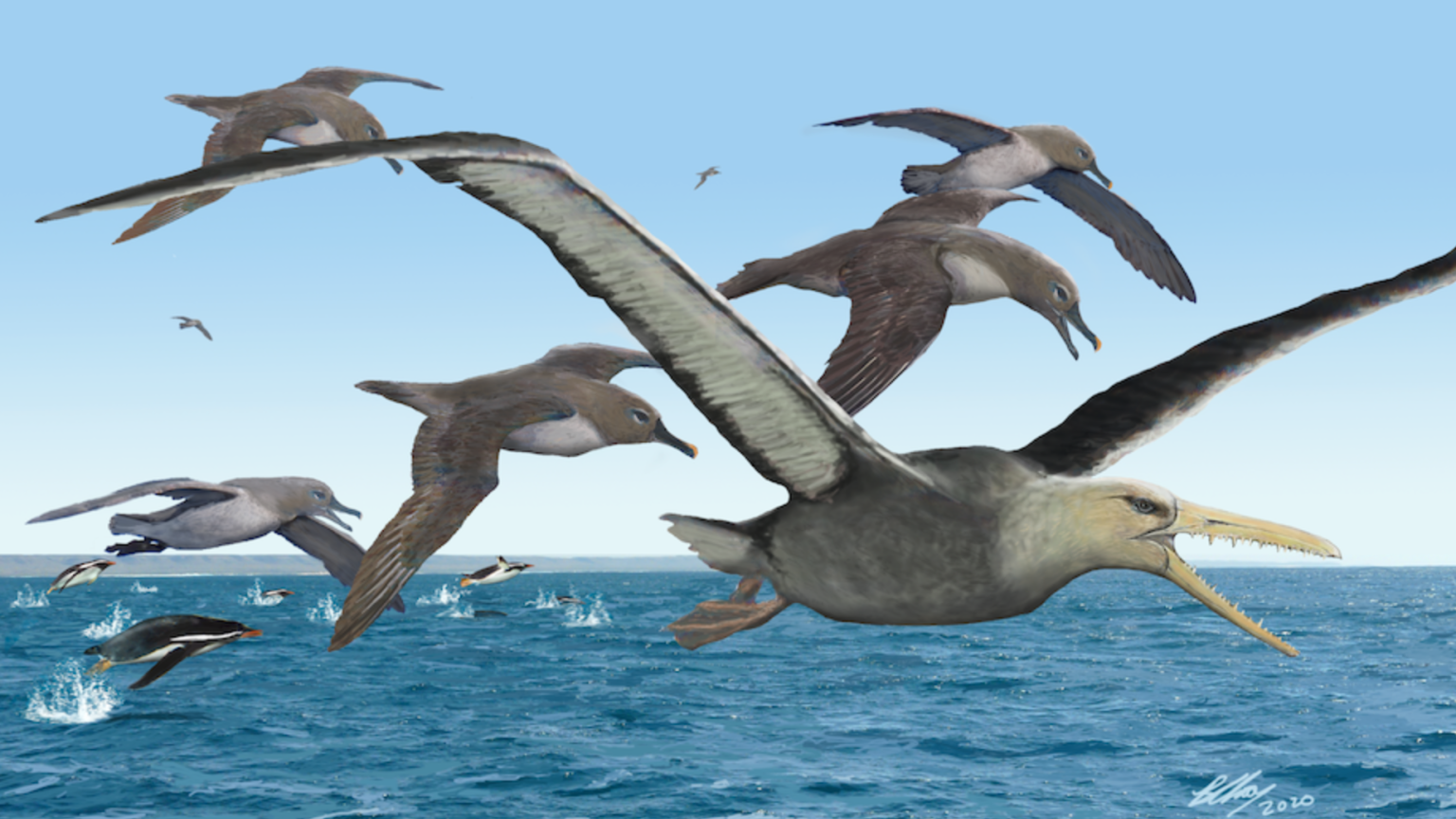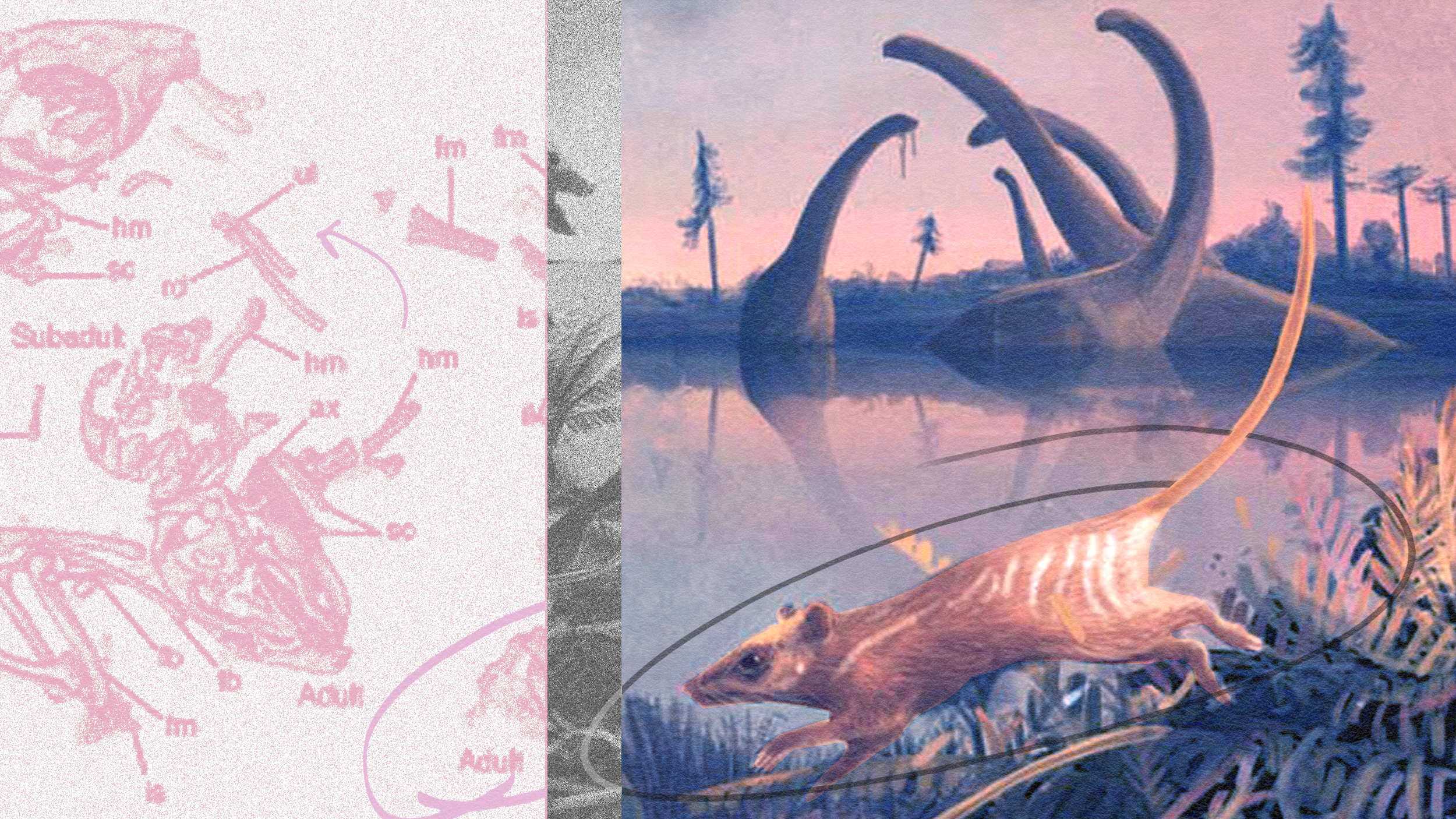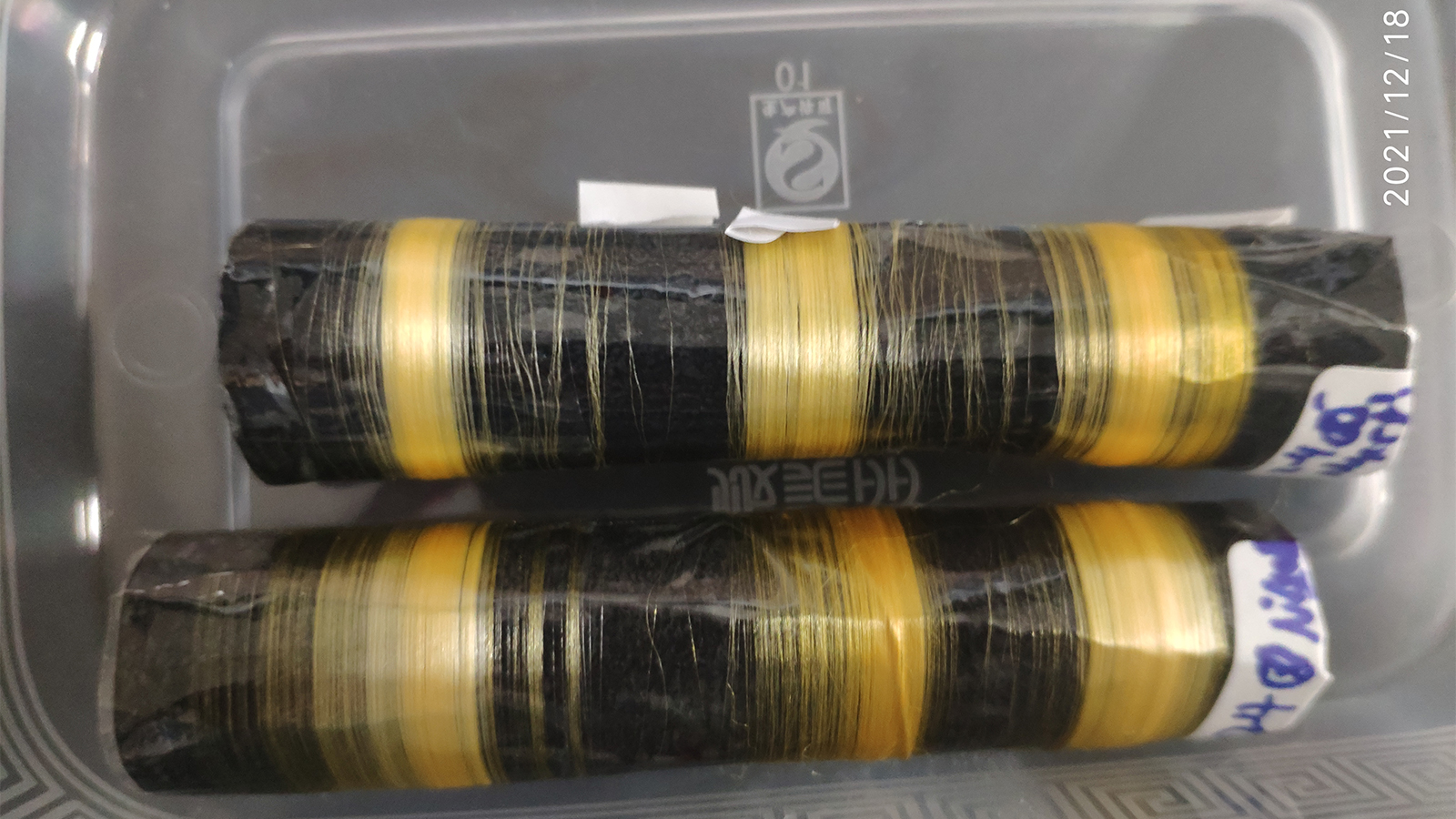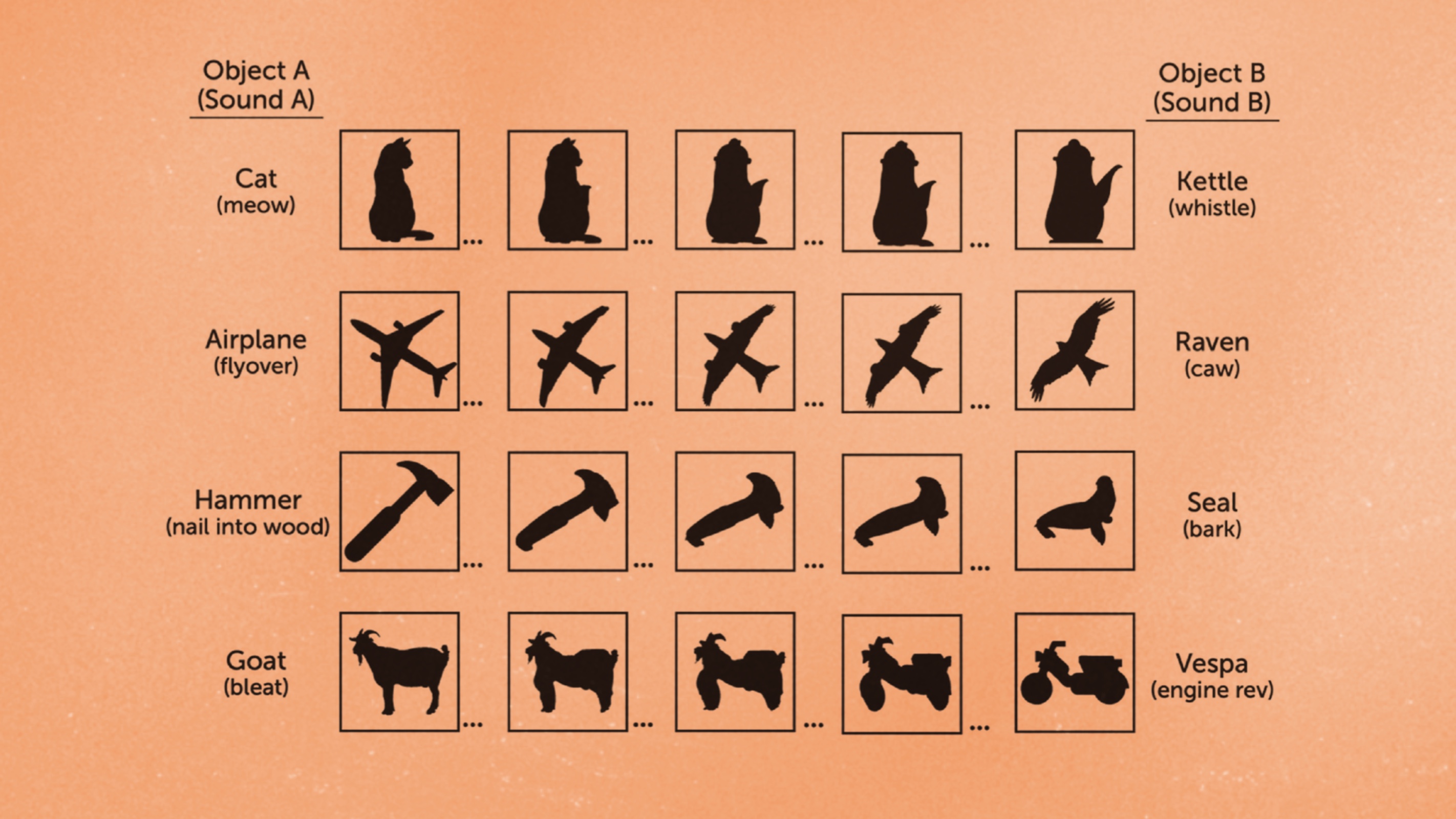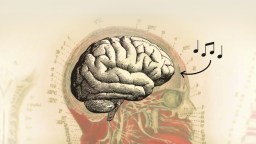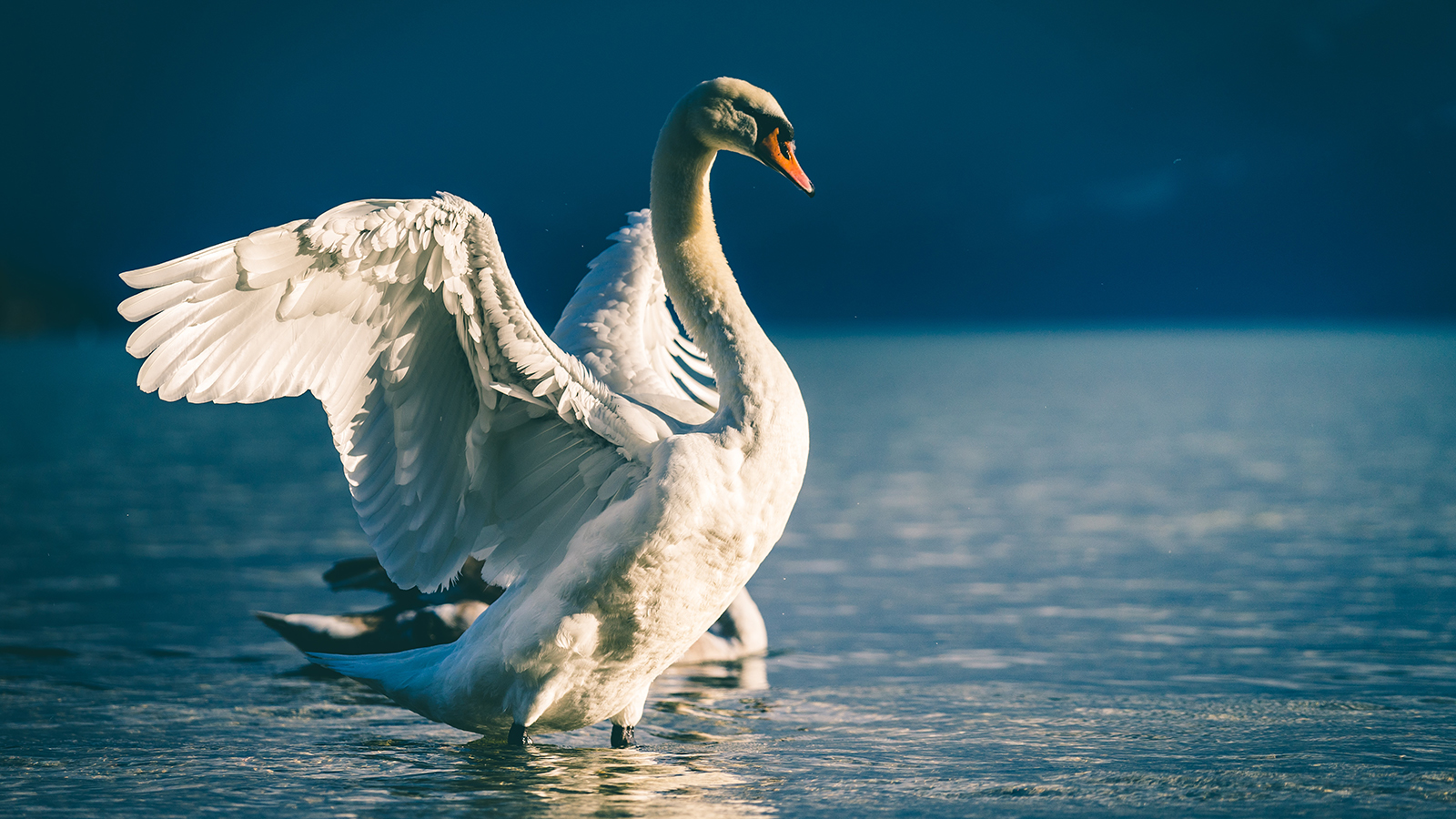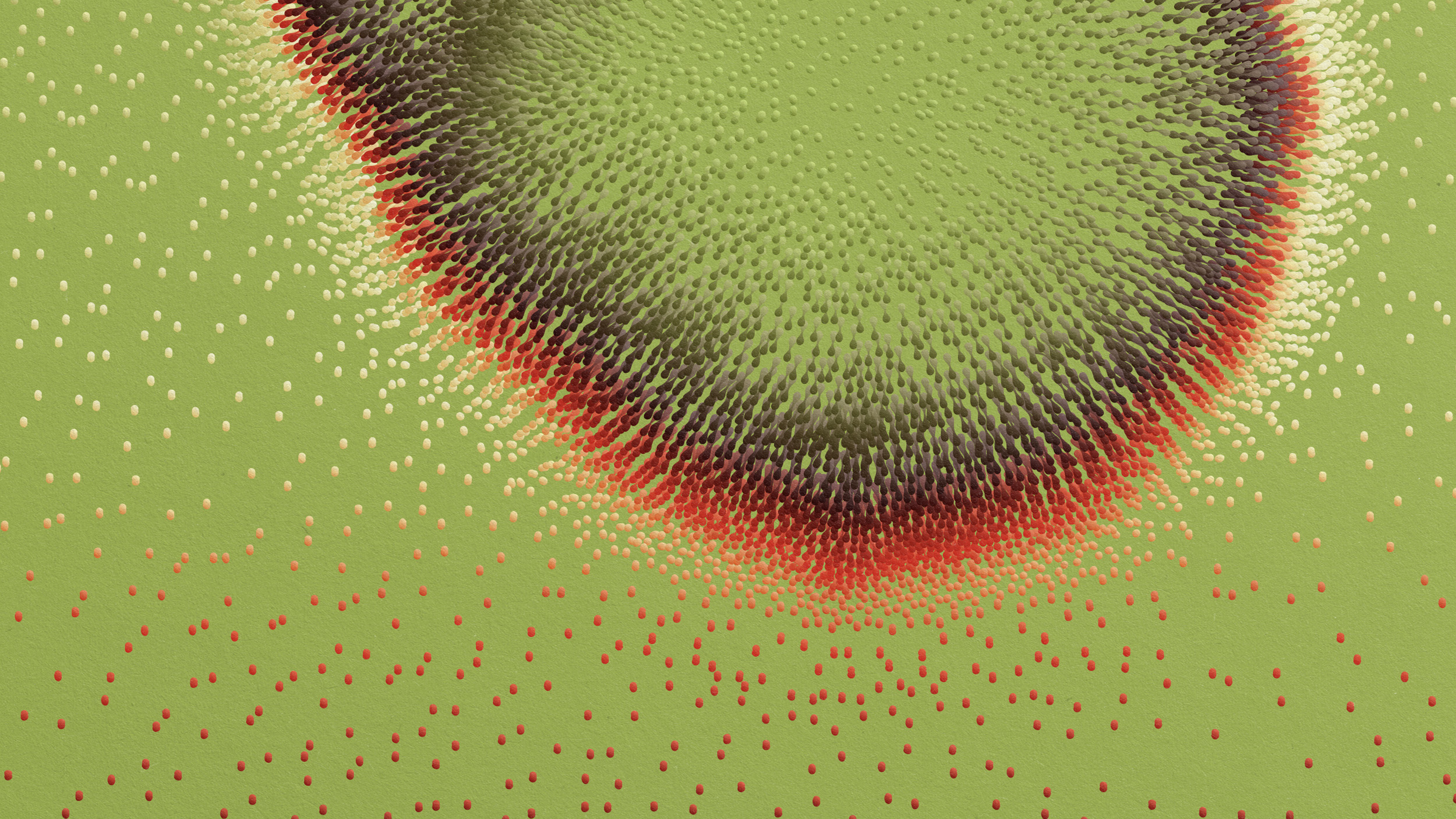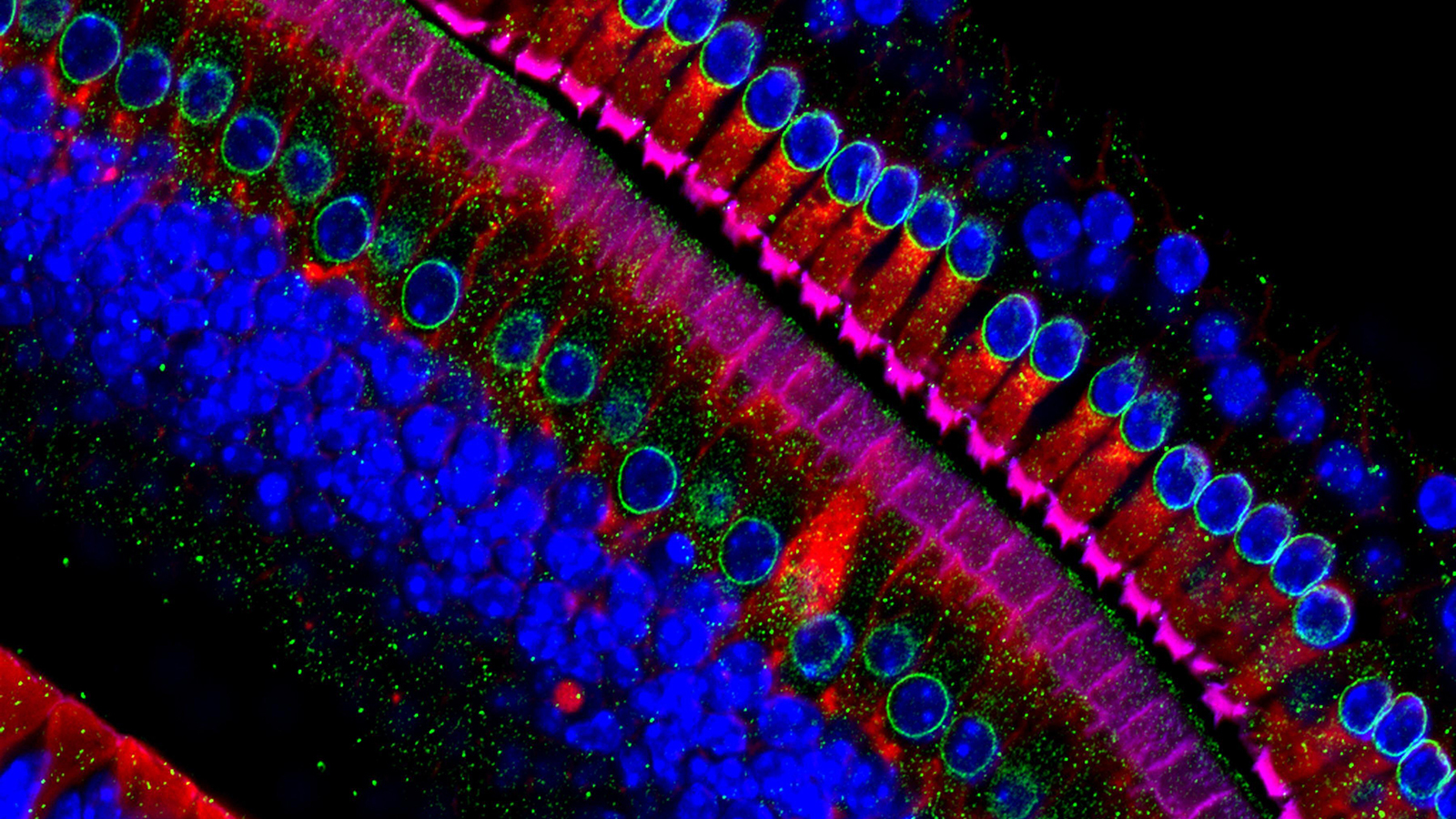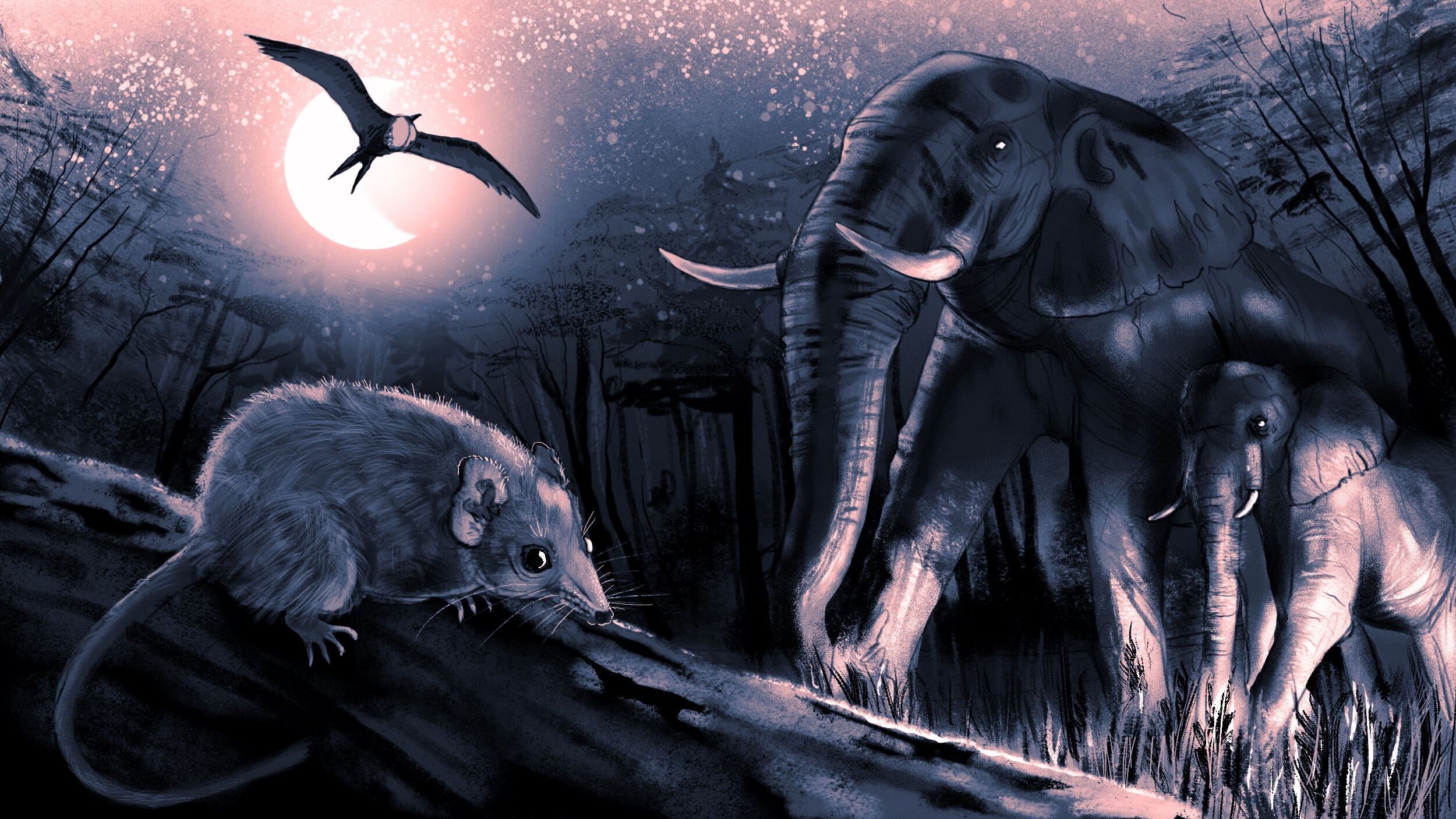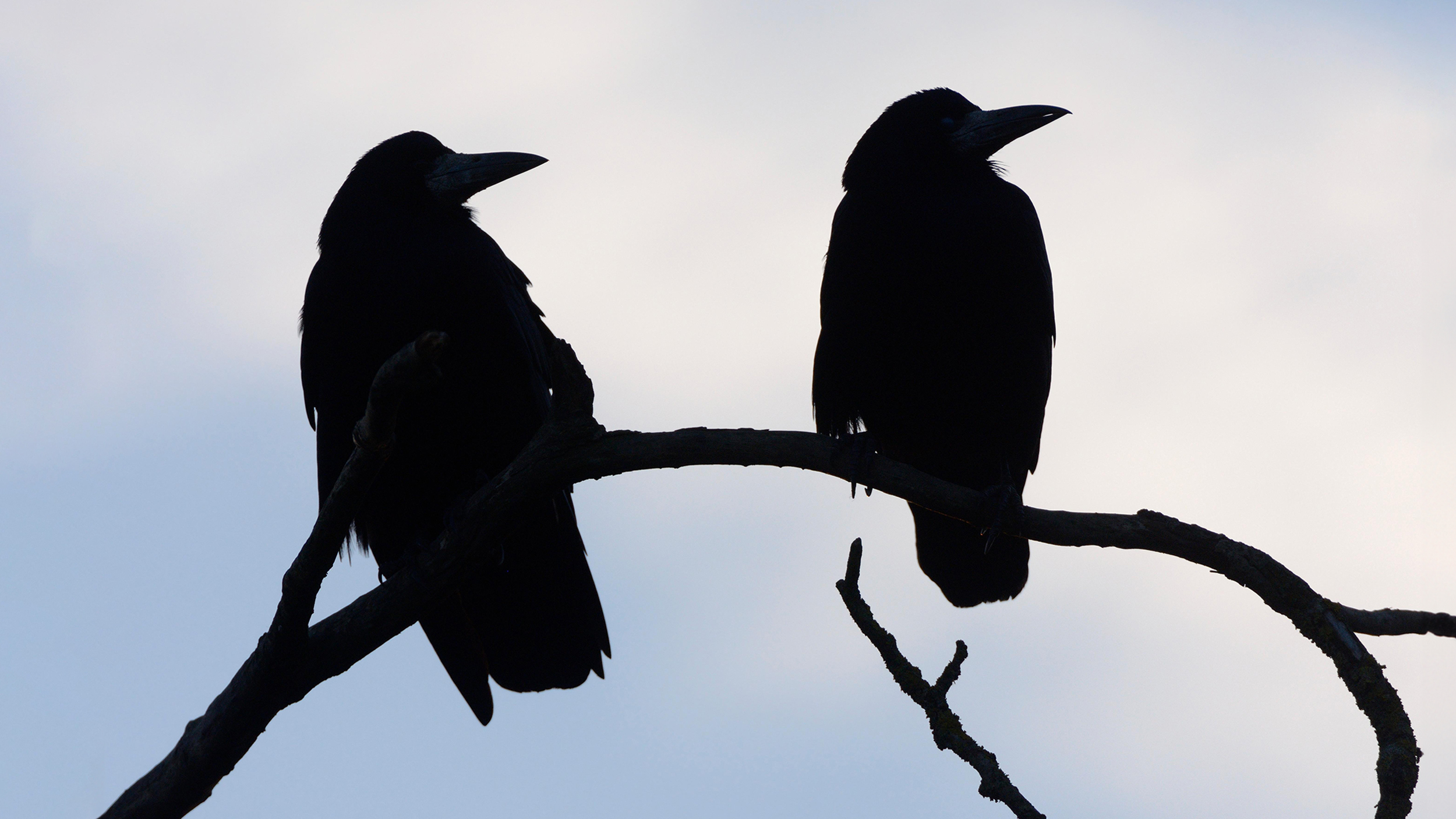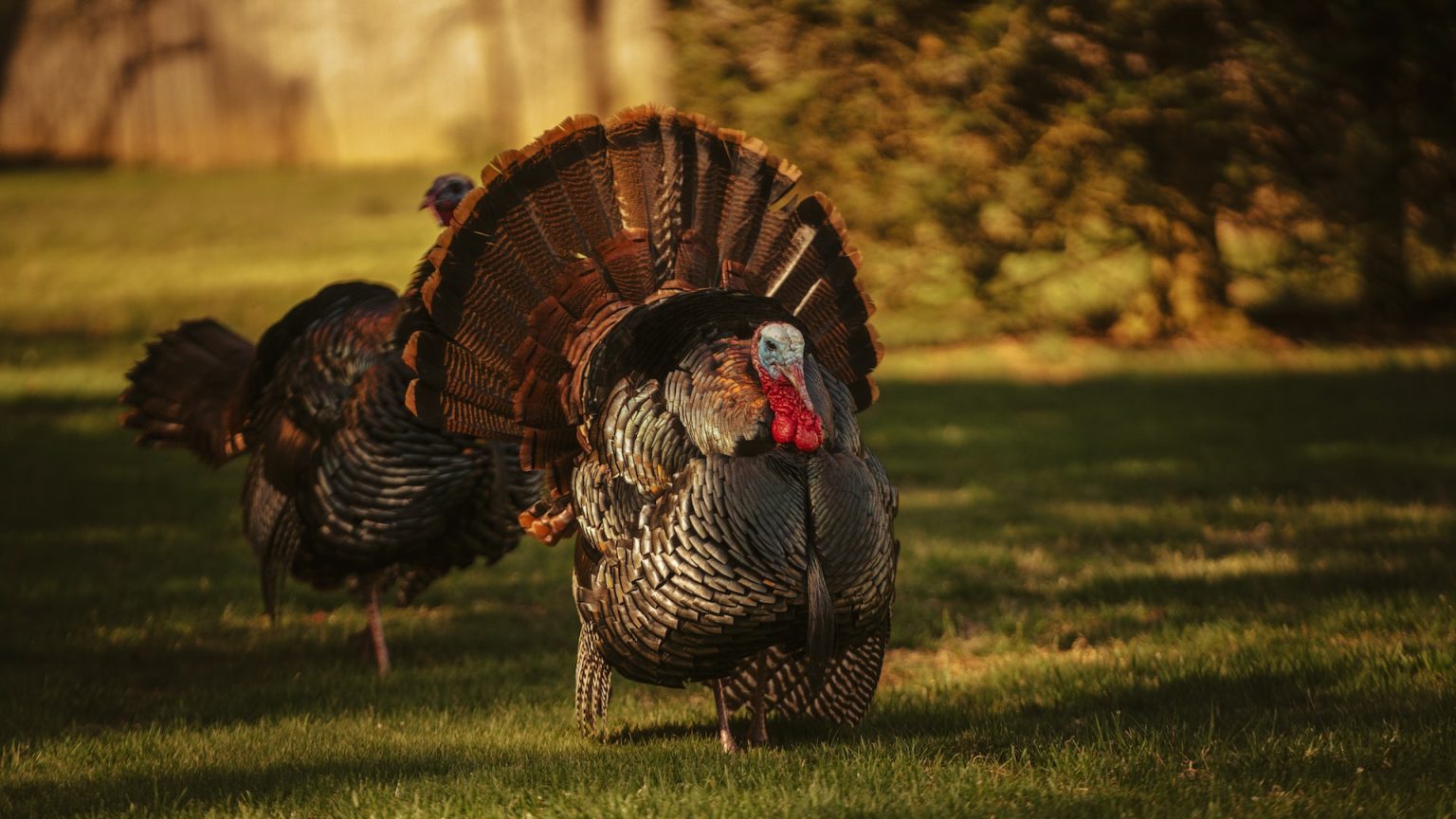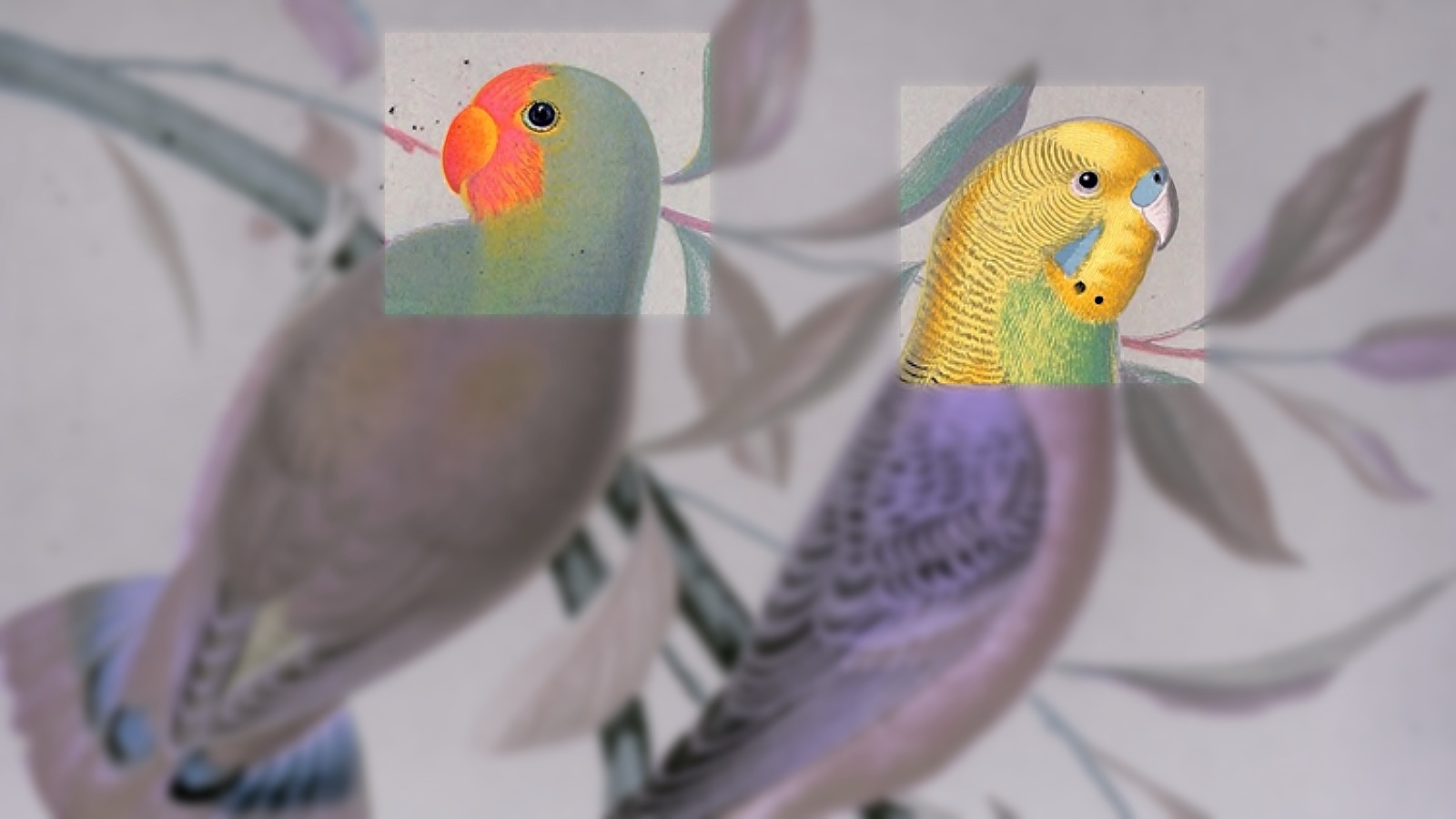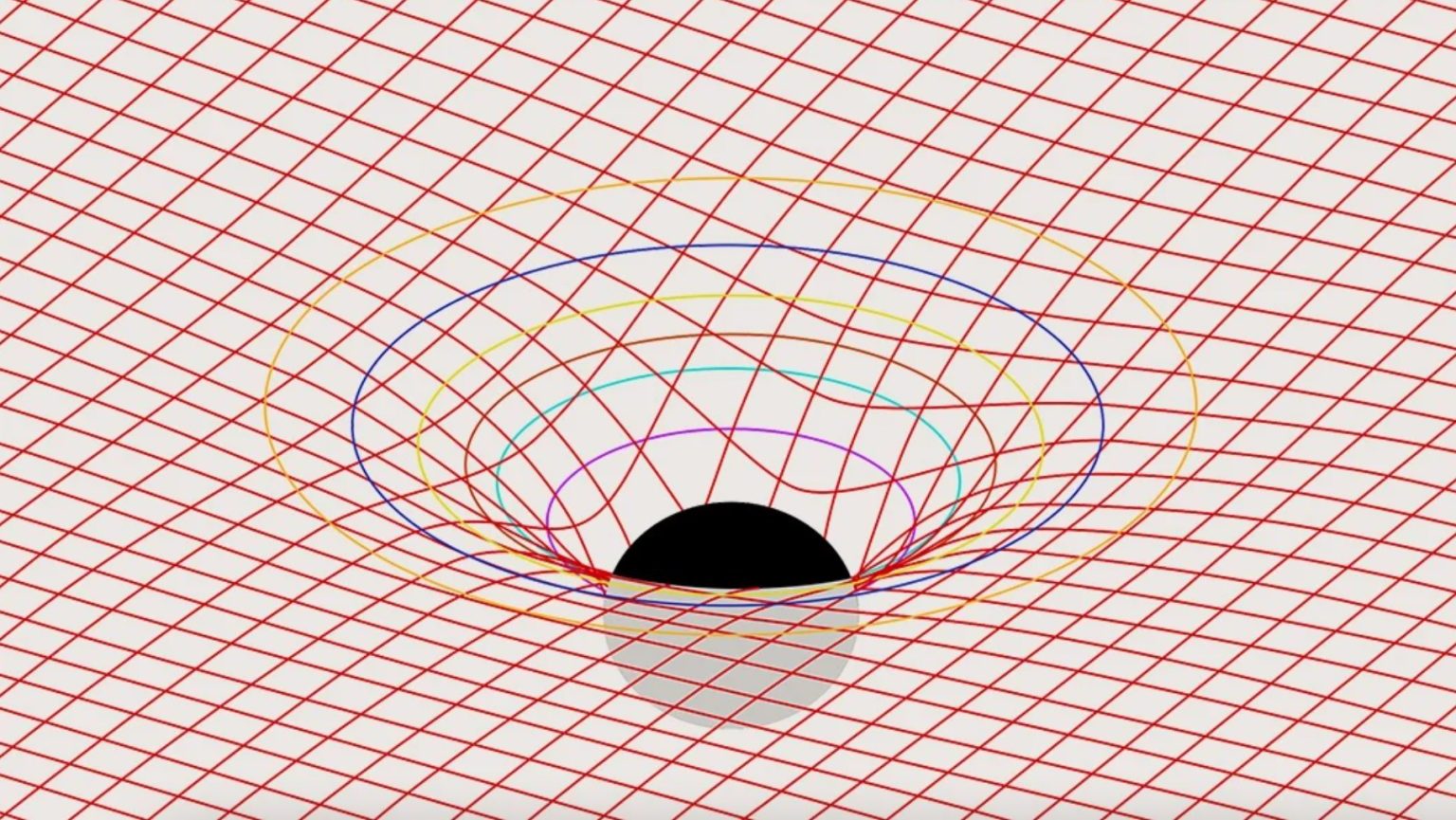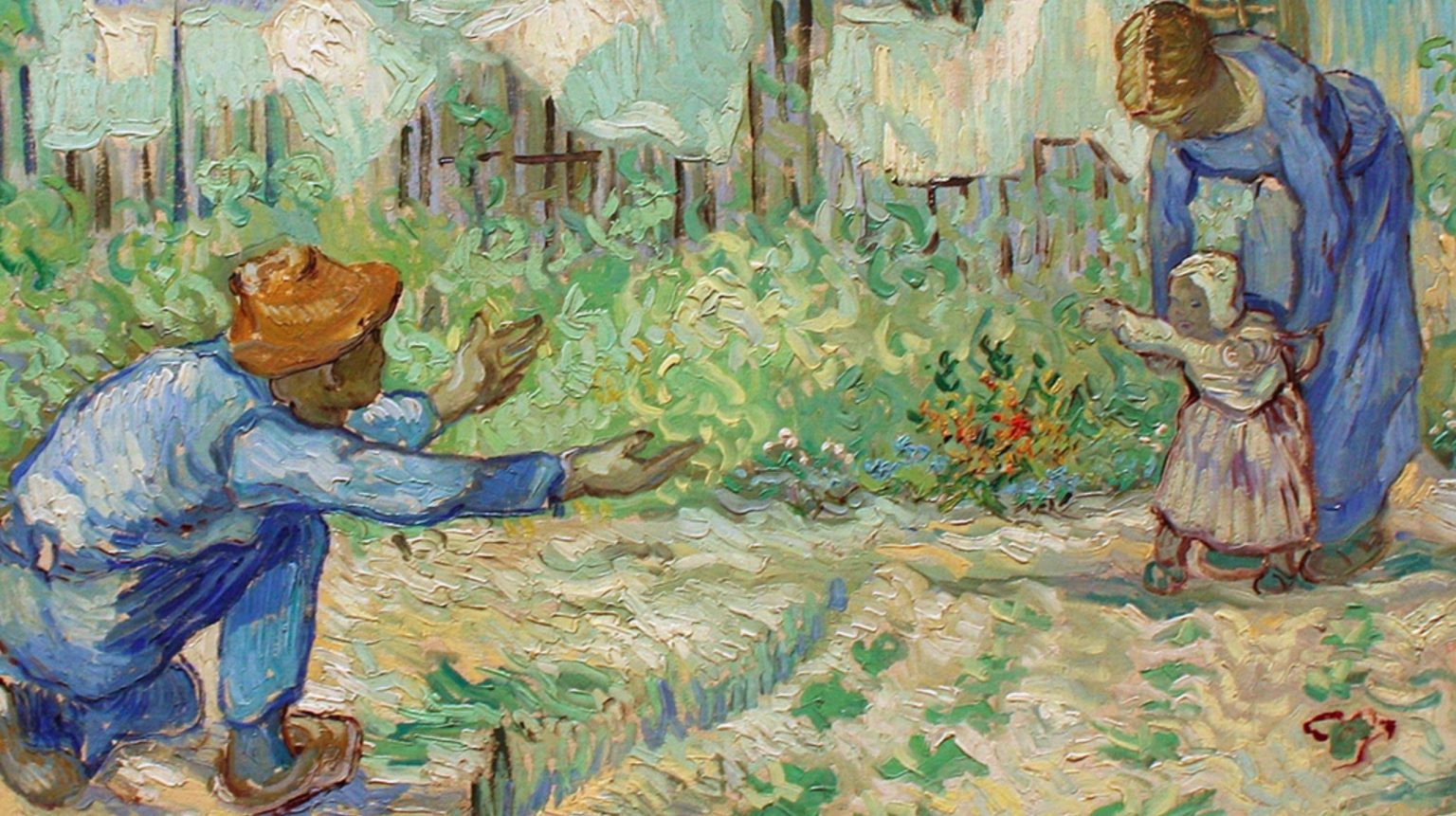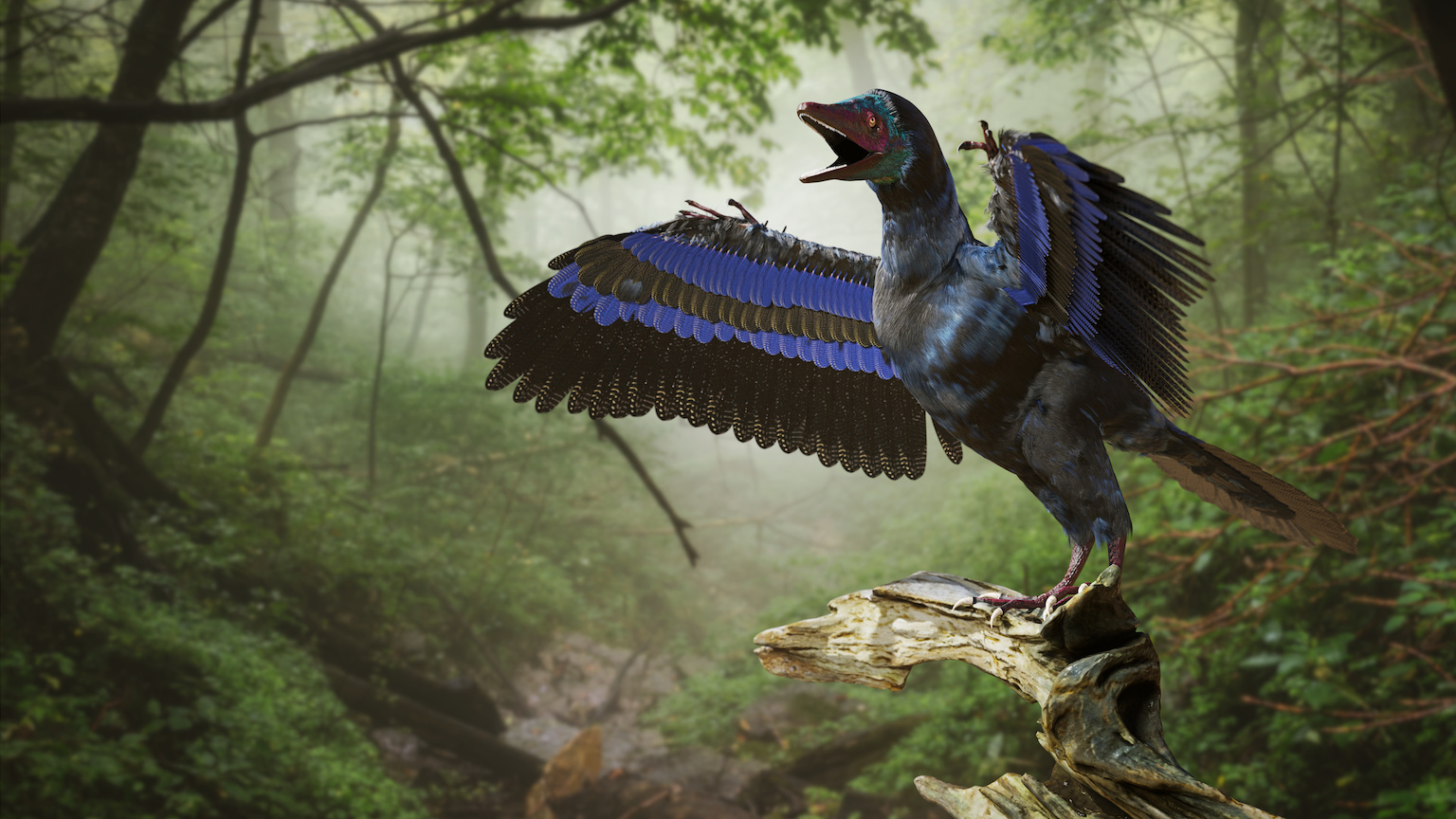As wind power grows around the world, so does the threat the turbines pose to wildlife. From simple fixes to high-tech solutions, new approaches can help.
Search Results
You searched for: Birds
Rich data on the global state of our feathered friends presents plenty of bad news — but also some bright spots.
It’s a bird! It’s a plane! It’s a medieval airship!
Science and technology were making early modern Europe a better place to live, but at what cost?
An excerpt from renowned neuropsychologist Nicholas Humphrey’s book “Sentience: The Invention of Consciousness.”
Cats twist and snakes slide, exploiting and negotiating physical laws. Scientists are figuring out how.
“She understood me and I understood her. I loved that pigeon.”
The spikes in their mouths would have helped them catch squid or fish.
Although mammals may be the dominant form of life today, we’re relative newcomers on planet Earth. Here’s our place in natural history.
You can’t farm spiders — but putting spider genes into silkworms works even better.
What you see is what you hear.
From AI to health and the metaverse, this year’s CES promised new tech that will change lives long after the excitement of the latest TV wears off.
What do aliens, apes, and orchestras all have in common? Professor Michael Spitzer explains how they each help us understand the origins of music.
▸
9 min
—
with
Billy was a local celebrity in the early 1900s. And he might have been a murderer.
To make a ton of information stick in your mind, you have to make it chunky.
Quantum physics is starting to show up in unexpected places. Indeed, it is at work in animals, plants, and our own bodies.
There are only a precious few minutes of totality during even the best solar eclipses. Don’t waste yours making these avoidable mistakes.
The “island rule” hypothesizes that species shrink or supersize to fill insular niches not available to them on the mainland.
Baby mice can regenerate damaged hair cells — and now that we know how they do it, maybe we can, too.
Scientists still aren’t sure how they perform without those restorative Z’s.
They’re not just watching you; they’re also calculating.
Livestock now outweighs wild mammals and birds ten-fold.
The word “turkey” can refer to everything from the bird itself to a populous Eurasian country to movie flops.
Humans are good visual thinkers, too, but we tend to privilege verbal thinking.
Roger Babson wanted a “partial insulator, reflector, or absorber of gravity” — something, anything, that would stop or dampen it.
Most male mammals have little or nothing to do with their kids. Why is our own species different?
The long-standing debate over whether dinosaurs were more like birds or lizards is drawing to a close.


